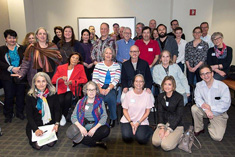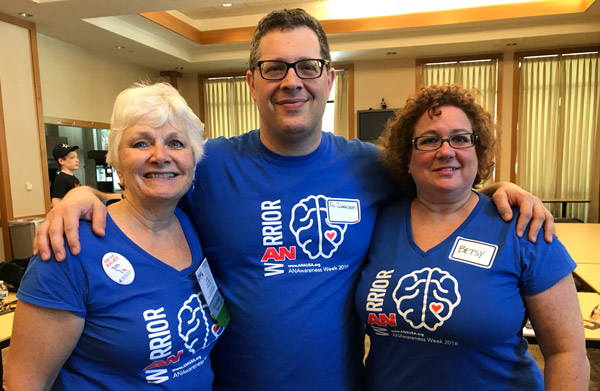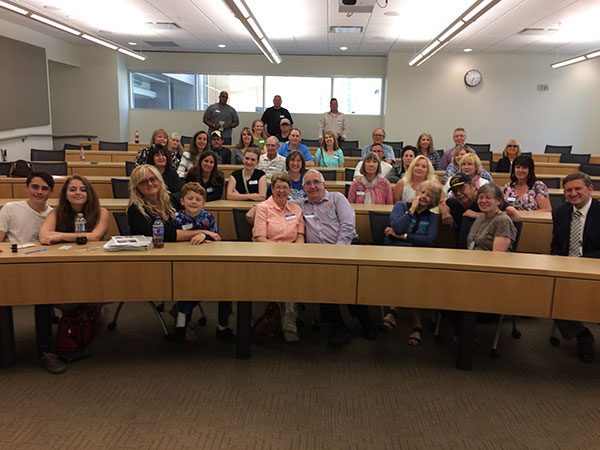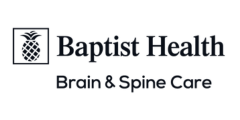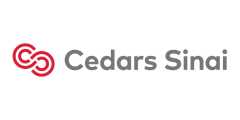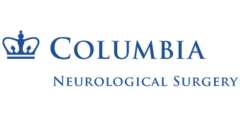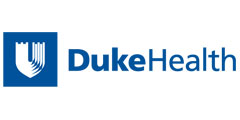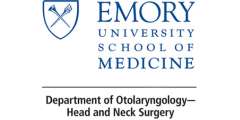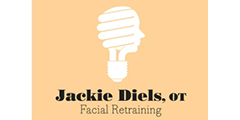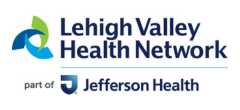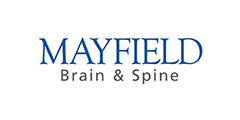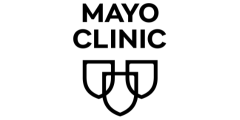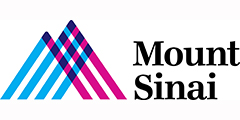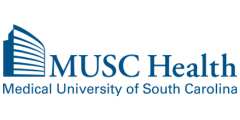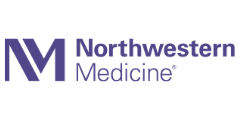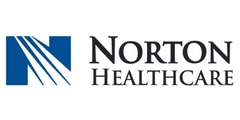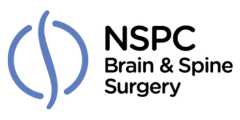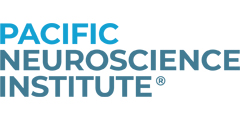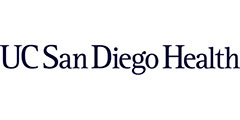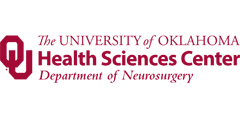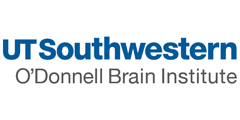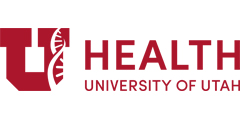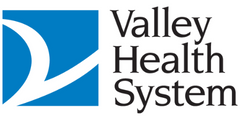January is Support Group Awareness Month.
Is a Support Group For Me?
ANA Support Group - FAQs
Thank you to the many ANA members who attend support group meetings and to the ANA volunteers who make these opportunities possible. “Support Group” does not fully describe the extent of the what groups provide.
Although support is a big part of what groups do best, they provide so much more! Meetings provide guest speakers and presentations on educational topics of interest as well as networking opportunities where you can meet others in your local area. If you haven’t attended a meeting yet, perhaps you are unsure about what to expect or whether a group meeting is right for you, please take time to consider the following:
Who can attend a support group?
Support groups are open to all AN patients, family members, caregivers and interested persons. We welcome AN patients at every stage of their journey, whether just diagnosed and seeking information, or are many years post-treatment and want to support and encourage new attendees. There is no charge to attend.
How often do support groups meet?
Groups vary in the frequency of meetings. Some groups meet every other month, quarterly, or twice a year, depending on the needs and desires of the group members and the availability of the Leaders/facilitator(s).
Who are the support group leaders and co-leaders?
Leaders and Co-Leaders are ANA volunteers who are AN patients, family members, and/or caregivers. Most importantly, they are people just like you! Individuals leading their own busy lives when one day they are faced with an unexpected challenge – the diagnosis and treatment of an acoustic neuroma. They volunteer their time and energy to give back to other acoustic neuroma patients. These special individuals schedule and coordinate support group meetings that provide opportunities for education, encouragement and networking in their local communities.
What is the format of the support group meeting?
Group meetings vary based on the educational topic and guest speaker. Some meetings may focus on an educational format only while others may be strictly supportive; frequently meetings feature elements of both. The supportive meetings feature an open format, which allows attendees some degree of anonymity, participating only if they are comfortable. For some, simply attending meetings and listening to the experiences of others can be helpful.
What types of educational topics are discussed? Who are the speakers?
Various aspects of AN treatment and issues are presented, often by guest speakers from the health care profession. Subjects such as treatment options, balance, facial issues, tinnitus and hearing issues and devices are presented, with time to discuss issues and address questions in a personal environment. Networking and caring and sharing time provides opportunities to learn new ways to handle challenges cope with changes and maintain new behaviors. A small tip goes a long way to make a patient feel normal again.
What are the advantages of attending a support group meeting?
For many the local group is the only place to make connections with other acoustic neuroma patients who have gone through a similar experience; they provide emotional support that sometimes even family members cannot fully understand. Nothing can replace the face-to-face interaction in an environment of mutual understanding. The peer-to-peer connections, along with exceptional opportunities for education on AN topics of interest, are helpful in developing realistic expectations and adjusting to changing life situations. Additionally, the groups consist of participants from a specific geographic location, so there is a familiarity that comes from shared community experiences.
There are 60 support groups across the US and we welcome you to attend a meeting soon. Find a group in your area.

